Chemical weapons watchdog says world must ensure tragedies like Sardasht are a thing of the past
The head of the world’s chemical weapons watchdog has called on the international community to renew its commitment to the lasting eradication of chemical weapons on the 36th anniversary of the Sardasht chemical attack, urging countries to work to ensure such tragedies are a thing of the past.
Fernando Arias, the director general of the Organization for the Prohibition of Chemical Weapons (OPCW), made the plea in a video message to a commemoration ceremony held by the Iranian Foreign Ministry in Tehran on Wednesday.
Arias said the world will always remember the agony of the survivors of the attack and all others who continue to bear the brunt of the brutal atrocity.
Sardasht, a city near the Iraq border in northwestern Iran, was hit by a massive chemical weapons attack on June 28, 1987, ordered by former Iraqi dictator Saddam Hussein.
More than a hundred of its inhabitants were immediately killed and thousands more were injured and exposed to the chemical agents, supplied to Iraq by the West.
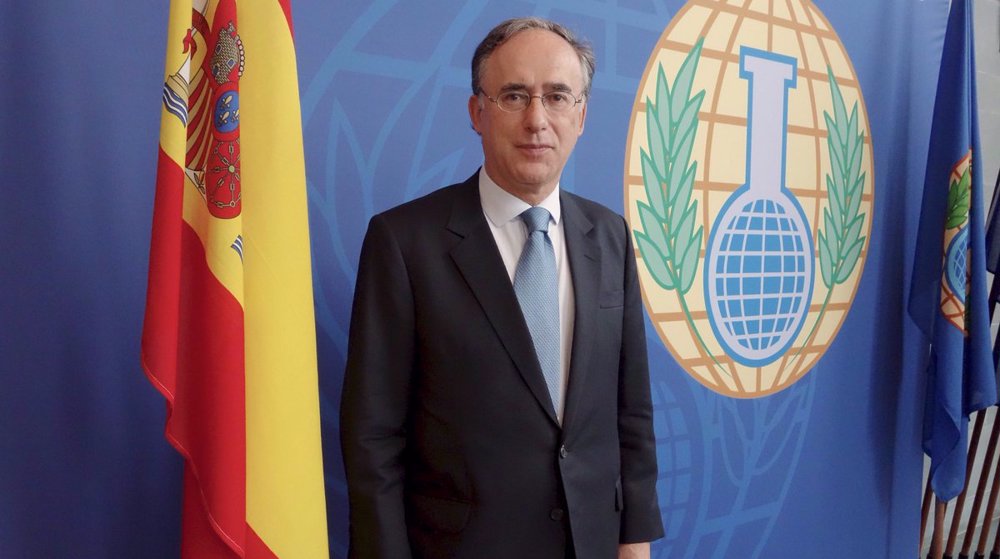
Arias said the world now has concluded a comprehensive global ban on chemical weapons, which is enshrined in the Chemical Weapons Convention.
He described the convention as an internationally binding treaty that aims to fully eliminate any possibility of using chemical weapons, underlining the need for collective work to contribute to the convention’s objectives.
The OPCW chief said the world has achieved progress towards the goal of preventing another tragic incident like Sardasht, and expressed hope for the total elimination of declared chemical weapons stockpiles around the globe in the near future.
However, he warned despite great accomplishments, the progress in wiping out chemical weapons can easily be undone.
The Spanish diplomat said the world should continually work to strengthen the global convention against chemical weapons.
He said the world should be alarmed by the Sardasht tragedy and remember that it must never tolerate violations of the convention or any measure that normalizes the use of chemical weapons.
After three decades, many of the survivors of the chemical attack still have to live with the long-term respiratory and even psychological effects of inhaling mustard gas used in the attack.
The city was the third in the world to be hit by Weapons of Mass Destruction after Japan’s Hiroshima and Nagasaki.
VIDEO | Press TV's news headlines
US ‘regime change’ gambits in Iran have backfired – even Trump’s envoy admits it
UN: Gaza children continue to face acute malnutrition despite ceasefire
Ben-Gvir: 100 Israeli doctors offering to execute Palestinian prisoners
Replication of Shahed-136 by US shows Iran’s drone superiority: Official
VIDEO | Expose the aggressors
China reaffirms support for expansion of Iran-Saudi ties
Isfahan seawater transfer project powers sustainable industrial growth, water security


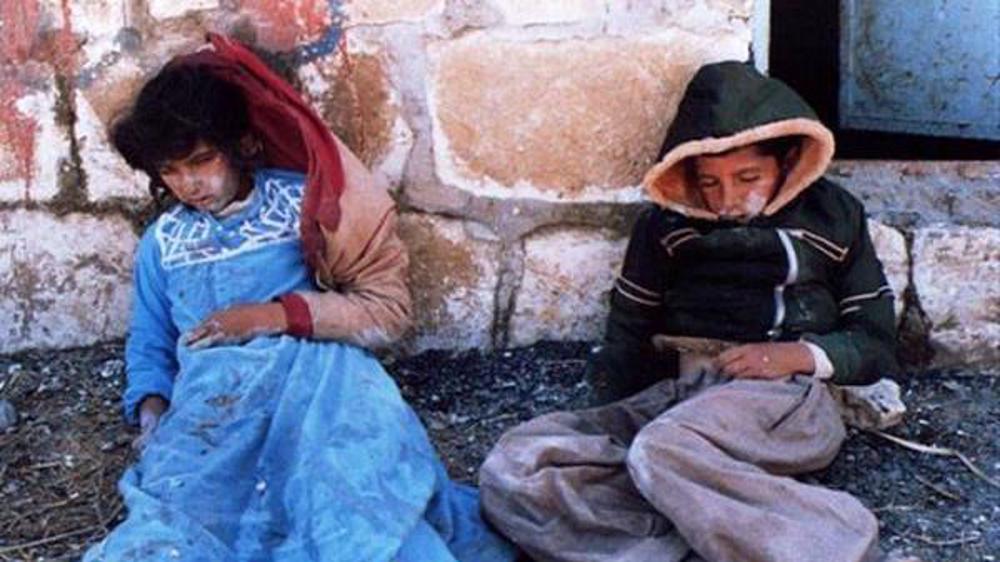
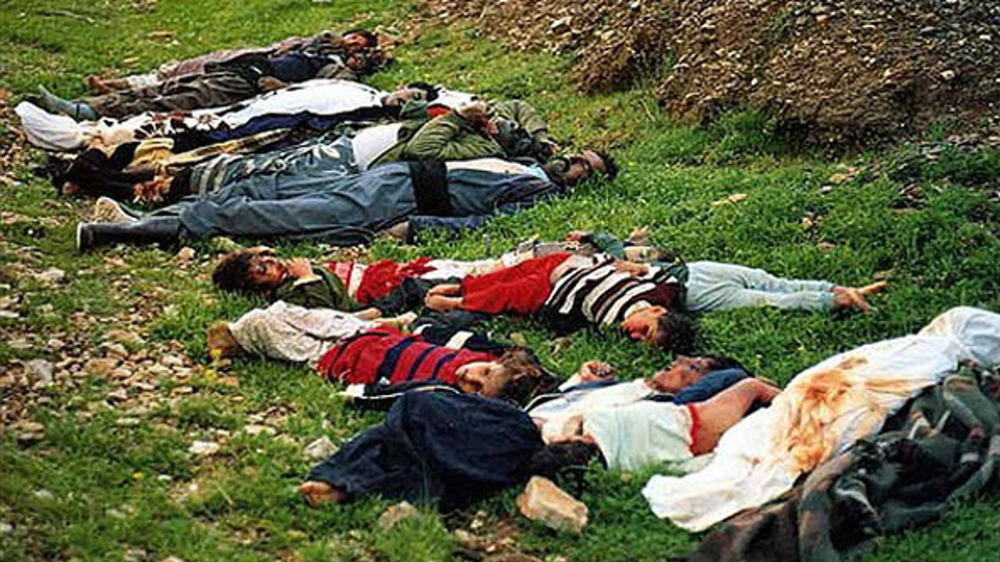
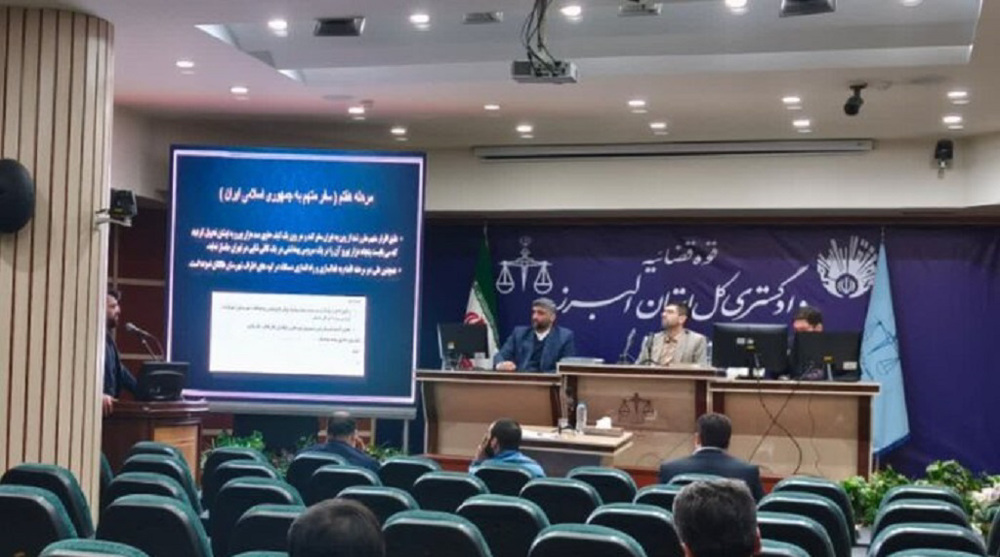
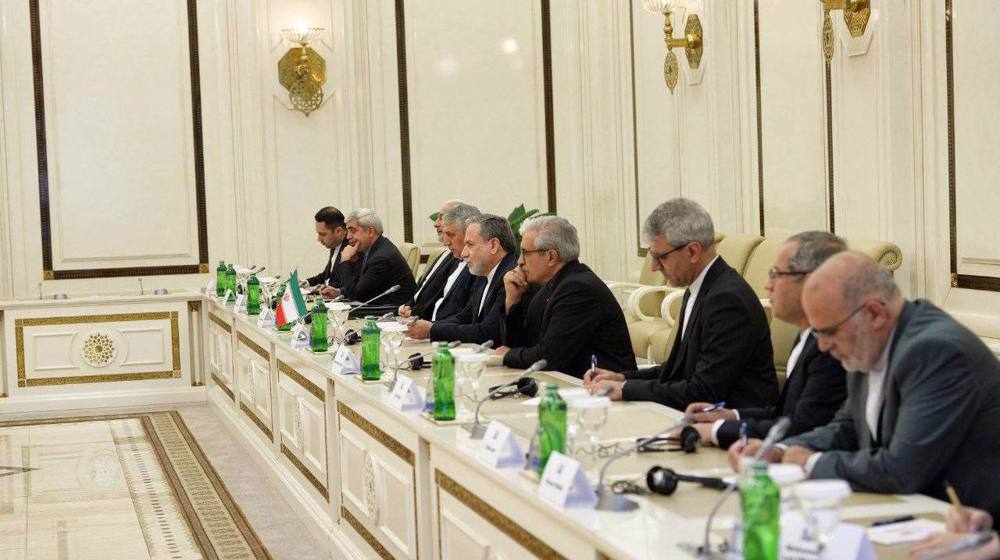
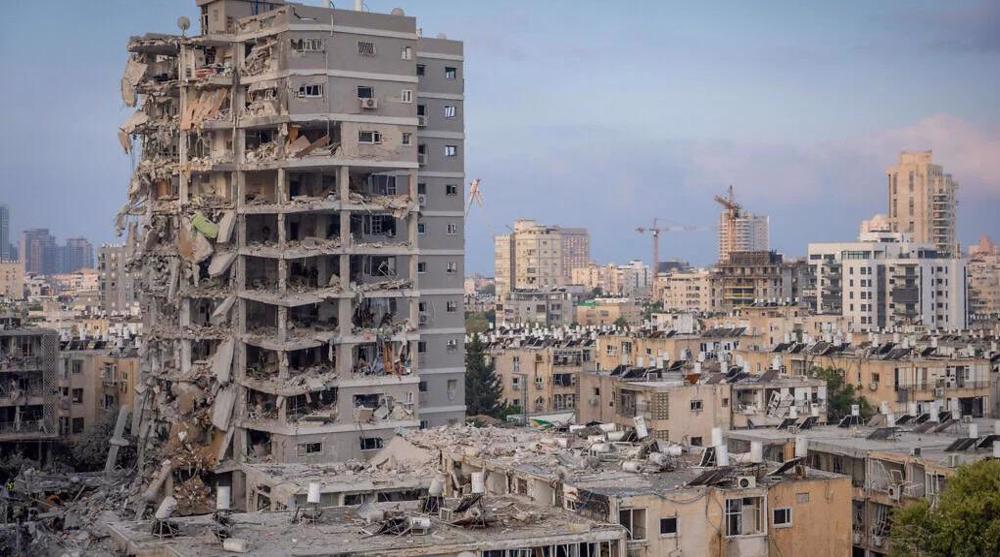



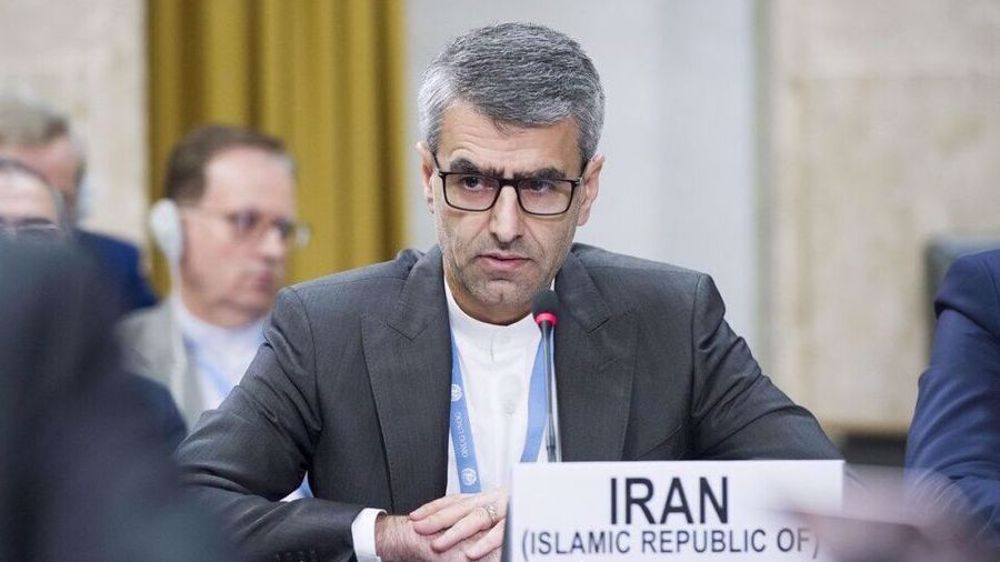
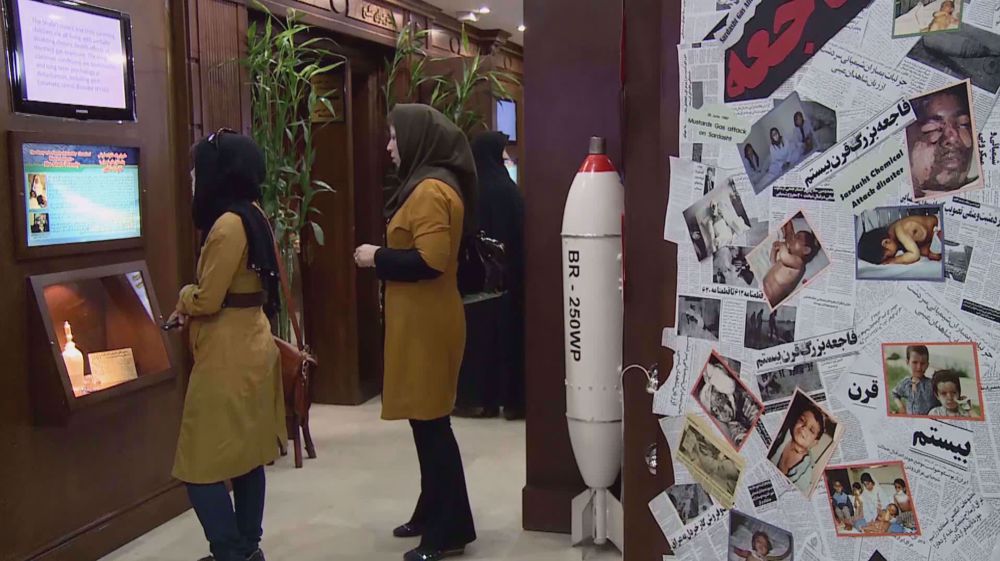

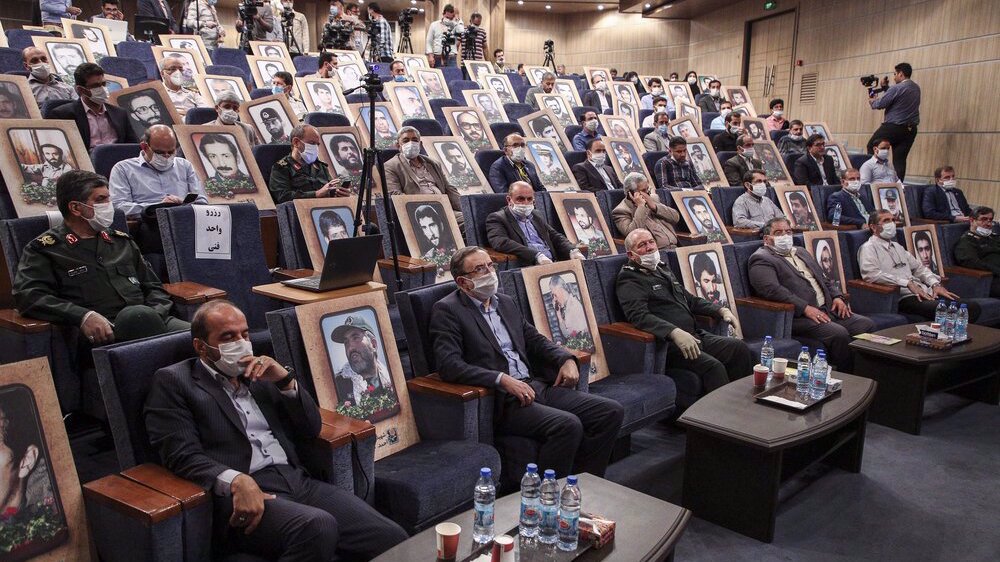

 This makes it easy to access the Press TV website
This makes it easy to access the Press TV website